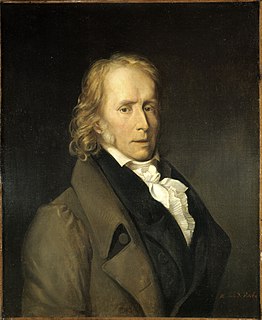A Quote by Carl Sandburg
The impact of television on our culture is. . . indescribable. There's a certain sense in which it is nearly as important as the invention of printing.
Related Quotes
...those experiments be not only esteemed which have an immediate and present use, but those principally which are of most universal consequence for invention of other experiments, and those which give more light to the invention of causes; for the invention of the mariner's needle, which giveth the direction, is of no less benefit for navigation than the invention of the sails, which give the motion.
Anyone who has studied the history of technology knows that technological change is always a Faustian bargain: Technology giveth and technology taketh away, and not always in equal measure. A new technology sometimes creates more than it destroys. Sometimes, it destroys more than it creates. But it is never one-sided. The invention of the printing press is an excellent example. Printing fostered the modern idea of individuality but it destroyed the medieval sense of community and social integration.
I speak a lot about what I call "the trance of unworthiness" which is really epidemic in our culture, this sense of "I'm not enough," or "something's wrong with me." Most of us have some level of it because our culture has all these standards (handed down through our families) of what it means to be okay.






































